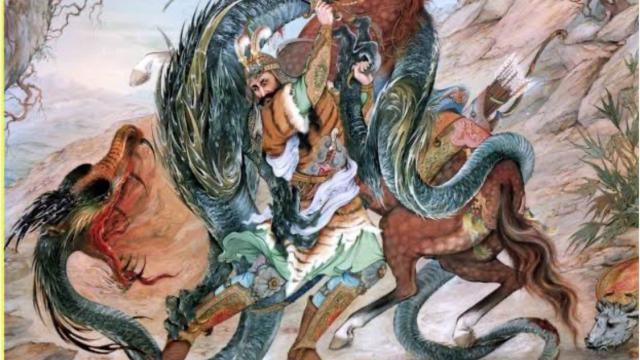
This dissertation investigates the concept of chivalry within Iranian civilization as a dynamic and evolving imaginative framework that shapes ideals of heroism and identity. Moving beyond conventional views of chivalry as a static code of conduct, the study reveals how these ideals have been continuously negotiated and reinterpreted through key literary works such as Ferdowsi’s Shahnameh and Hafez’s poetry, alongside embodied cultural practices like those found in the Zurkhāneh. These sources illuminate how chivalry functions as a performative language that bridges myth, history, and cultural consciousness.
The research further uncovers the transregional and intercultural flows through which Iranian notions of heroism were transmitted, adapted, and transformed, influencing westward and eastward. Challenging reductive and orientalist portrayals, the dissertation argues that Iranian chivalry is best understood as a fluid, spectral force and a powerful archetype, one that persistently adapts to shifting historical and cultural contexts while maintaining a rich imaginative and symbolic presence. This work ultimately repositions Iranian chivalry as a living cultural horizon, marked by complexity and cross-cultural significance.
Location
Speakers
- Fakhrodin Kazemi
Contact
- CAIS Administrator0261258029
File attachments
| Attachment | Size |
|---|---|
| 2025.07.04-Final-Oral-Presentation-Kazemi.pdf(271.24 KB) | 271.24 KB |